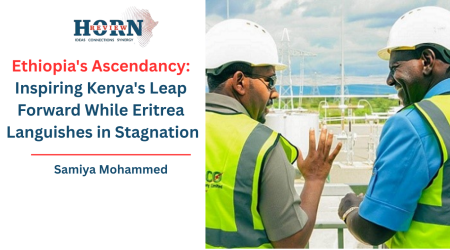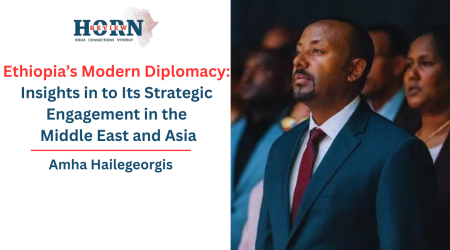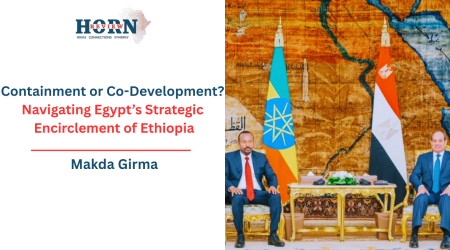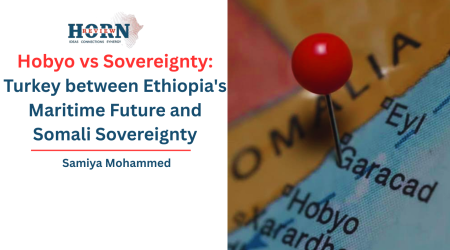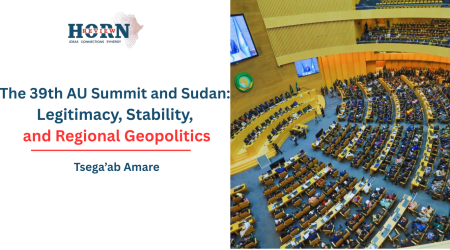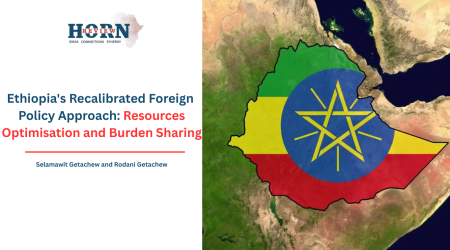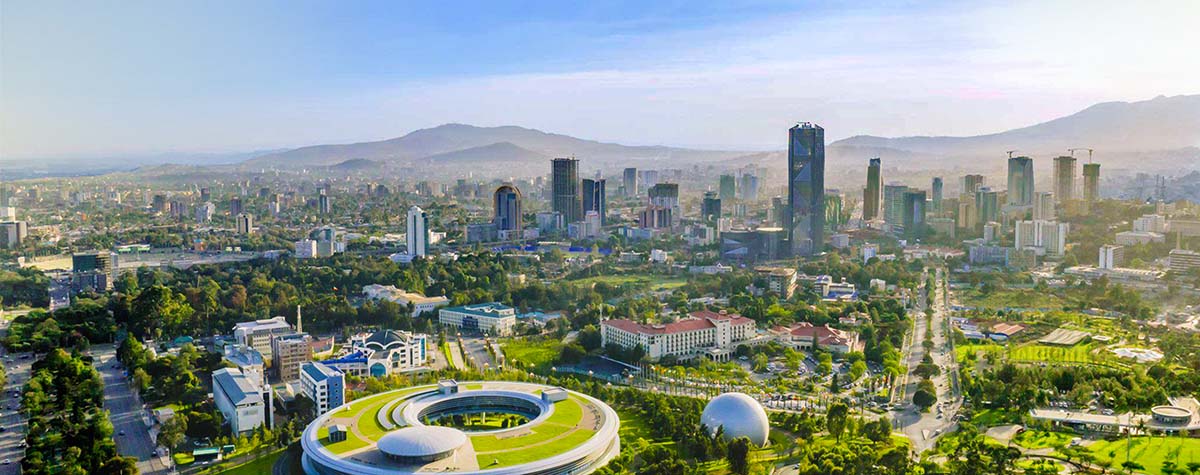
11
Aug
From Imperial Legacy to Diplomatic Vanguard: Addis Ababa’s Rise as Africa’s Capital of Diplomacy
The world is shifting, and Africa stands at a crucial crossroads. Much like Vienna once rose from the ruins of empire to become Europe’s diplomatic heart, Addis Ababa is poised to reclaim the prestige it held during the era of Imperial Ethiopia and assert itself as the foremost capital of African diplomacy. This is not a nostalgic gesture but a practical, forward-looking vision rooted in Africa’s unique history and immense potential.
Ethiopia’s diplomatic role is deeply rooted in history. Emperor Haile Selassie played a key role in founding the United Nations and the Organization of African Unity, securing Addis Ababa as the continent’s political and diplomatic center. Ethiopia’s triumph at Adwa in 1896 remains a powerful symbol of African resistance and sovereignty – an enduring legacy that gives Addis Ababa unparalleled moral authority across Africa.
Today, Addis Ababa is a bustling diplomatic hub, hosting the African Union, the UN Economic Commission for Africa, and over 120 resident embassies. The city has welcomed major events such as the UN Food Systems Summit and is preparing for the Africa Climate Summit, further cementing its role on the global stage.
Yet, Addis Ababa’s potential extends far beyond symbolism. Just as Vienna transitioned from imperial capital to a neutral ground for dialogue and cooperation, Addis Ababa can evolve from being a symbolic capital to becoming the continent’s strategic convenor – a place where African leaders gather to address pressing challenges and shape a common future.
A New Era for African Diplomacy
Africa today faces a paradox. There is an unprecedented demand for greater unity and self-determination even as internal conflicts and external power competitions intensify. China, the U.S., Russia, the EU, and Gulf states all vie for influence across the continent, underscoring the urgent need for a coherent and independent African diplomatic infrastructure.
Currently, African diplomacy often appears fragmented. Addis Ababa offers a neutral space free from colonial legacies, where African leaders can meet as equals and craft homegrown solutions to the continent’s problems.
The recent African Union summit revealed gaps in continental unity and coordination. To fulfill its promise, Addis Ababa must move from a symbolic political seat to a proactive engine of continental progress – hosting negotiations, shaping policy, and supporting democratic transitions in Africa.
The Congress of Addis Ababa: A Vision Realized
To bring this vision to life, I propose a structured framework – the “Addis Framework” – built around three pillars designed to address Africa’s most urgent challenges:
1. Accelerating Economic Integration
The African Continental Free Trade Area (AfCFTA) is a bold project to create a unified market for over 1.4 billion people and a combined GDP of more than $3 trillion. It promises to boost trade, industrialization, and economic sovereignty. Yet, implementation remains uneven, hindered by economic instability, infrastructure gaps, and persistent trade barriers.
An Annual Pan-African Vision Conference could bring leaders together to align policies, coordinate investments, and accelerate AfCFTA’s transformation into a powerful engine of economic growth.
2. Redefining Security and Stability
While Africa’s existing security mechanisms have made strides, they often remain reactive and slow. The African Union’s Peace and Security Council and the African Standby Force face challenges in funding, political will, and rapid deployment.
A Quarterly African Peace Dialogue would establish a consistent, proactive platform for conflict prevention and resolution, supported by the AU Peace Fund to enable swift and effective responses.
3. Strengthening Africa’s Global Voice
Africa’s representation on the global stage remains fragmented, weakening its ability to shape international norms. Though inclusion in forums like the G20 marks progress, much remains to be done.
The Congress of Addis Ababa should serve as a platform to unify African voices and coordinate collective diplomacy, reinforced by Biannual AU Reform Symposia to keep the Union agile, effective, and financially sustainable.
Diplomacy Meets Culture
Africa’s diplomatic future should also harness the power of its rich cultural heritage. Ethiopia’s vibrant traditions – from coffee ceremonies to Ethio-jazz festivals – offer a strong foundation for a diplomacy of identity and values.
A Biennial African Diaspora Dialogue could convene artists, professionals, and intellectuals to collaborate on Africa’s future, while a Pan-African School of Diplomacy in Addis Ababa could train skilled mediators and negotiators to resolve the continent’s complex conflicts.
Regional cultural summits would celebrate Africa’s diverse stories, weaving together diplomacy and culture to transform Addis Ababa from a venue for meetings into the continent’s vibrant heart.
For Addis Ababa to fulfill this ambitious role, Ethiopia itself must be a model of stability, inclusive governance, and respect for human rights. The city’s infrastructure is improving: the Grand Ethiopian Renaissance Dam promises reliable power, a new international airport is under development, and rail and digital systems are being upgraded to enhance connectivity and ease of access.
Recent successful summits demonstrate the city’s readiness to host diplomatic gatherings efficiently and reliably.
Just as Vienna shaped Europe’s peace after conflict, Addis Ababa stands ready to shape Africa’s unity and future.
It is time to move beyond symbolism and seize the moment. By becoming a true hub of diplomacy and culture, Addis Ababa can lead Africa’s next chapter – a chapter defined by unity, progress, and self-determination.
By Tsega’ab Amare, Researcher, Horn Review


